-
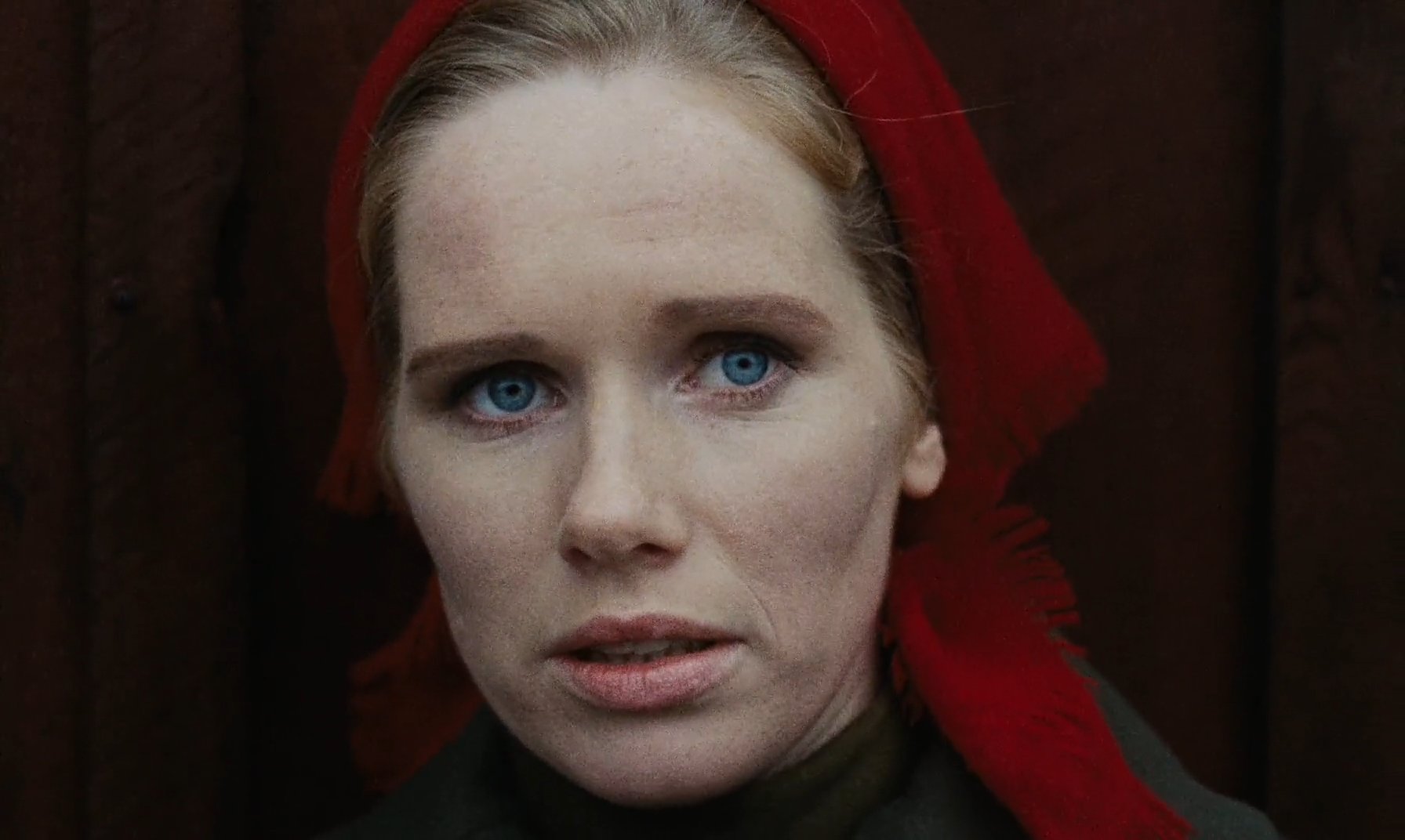
The Passion of Anna (1969)
Ingmar Bergman’s personal turmoil during production of The Passion of Anna infuses this chamber drama with a shaggy, improvisational quality, deconstructing its titular widow’s grief with the same imperfect honesty which he himself is guilty of, and bringing a raw vulnerability to complex characters straining against each other’s cruelty.
-
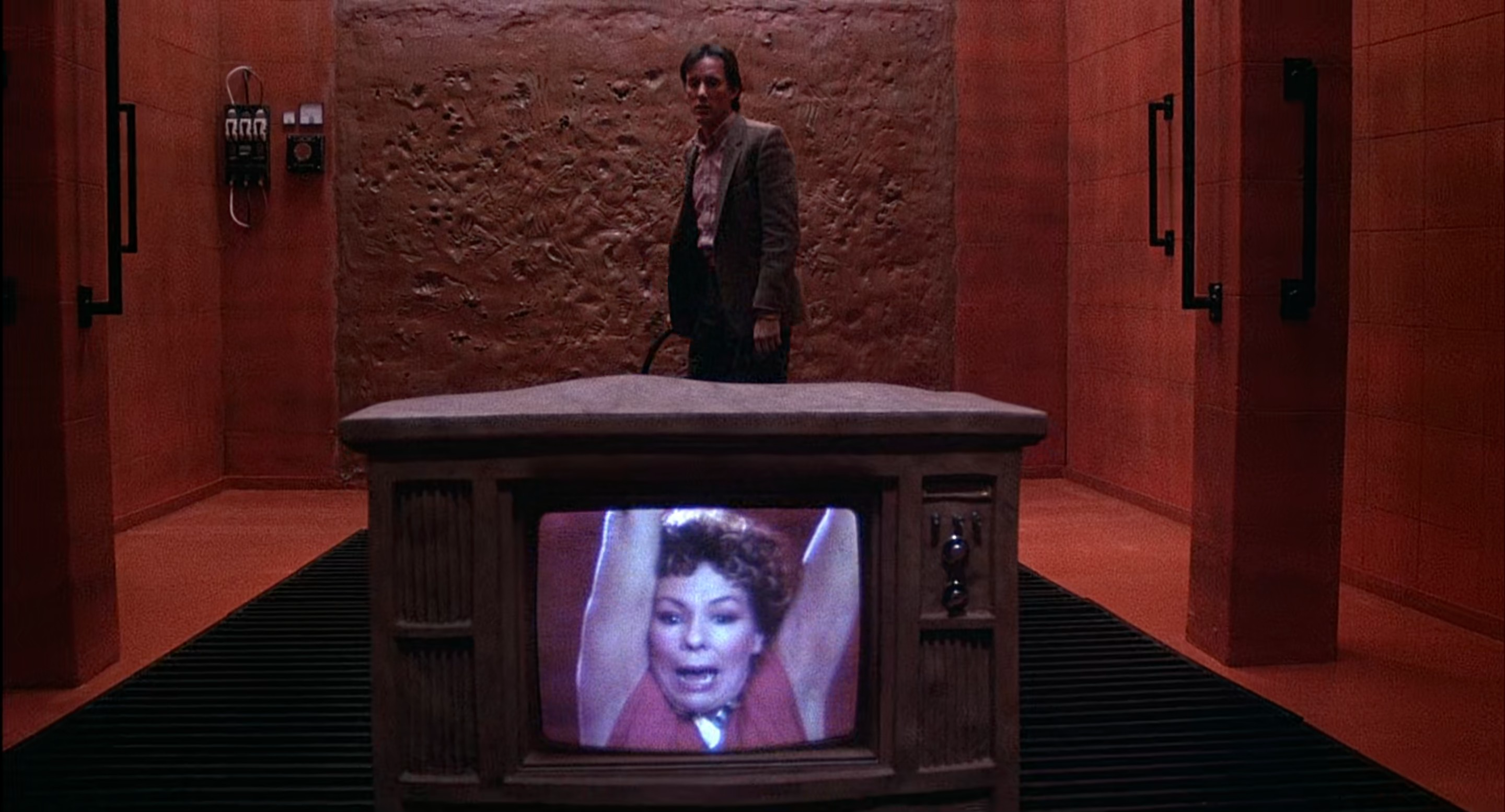
Videodrome (1983)
David Cronenberg’s blending of intellectual musings on modern mass media with grotesque body horror makes Videodrome’s dire warnings all the more visceral, robbing brainwashed individuals of their humanity by fusing them with the technology they have become reliant on, and marking a triumphant success in transgressive genre filmmaking for the young auteur.
-
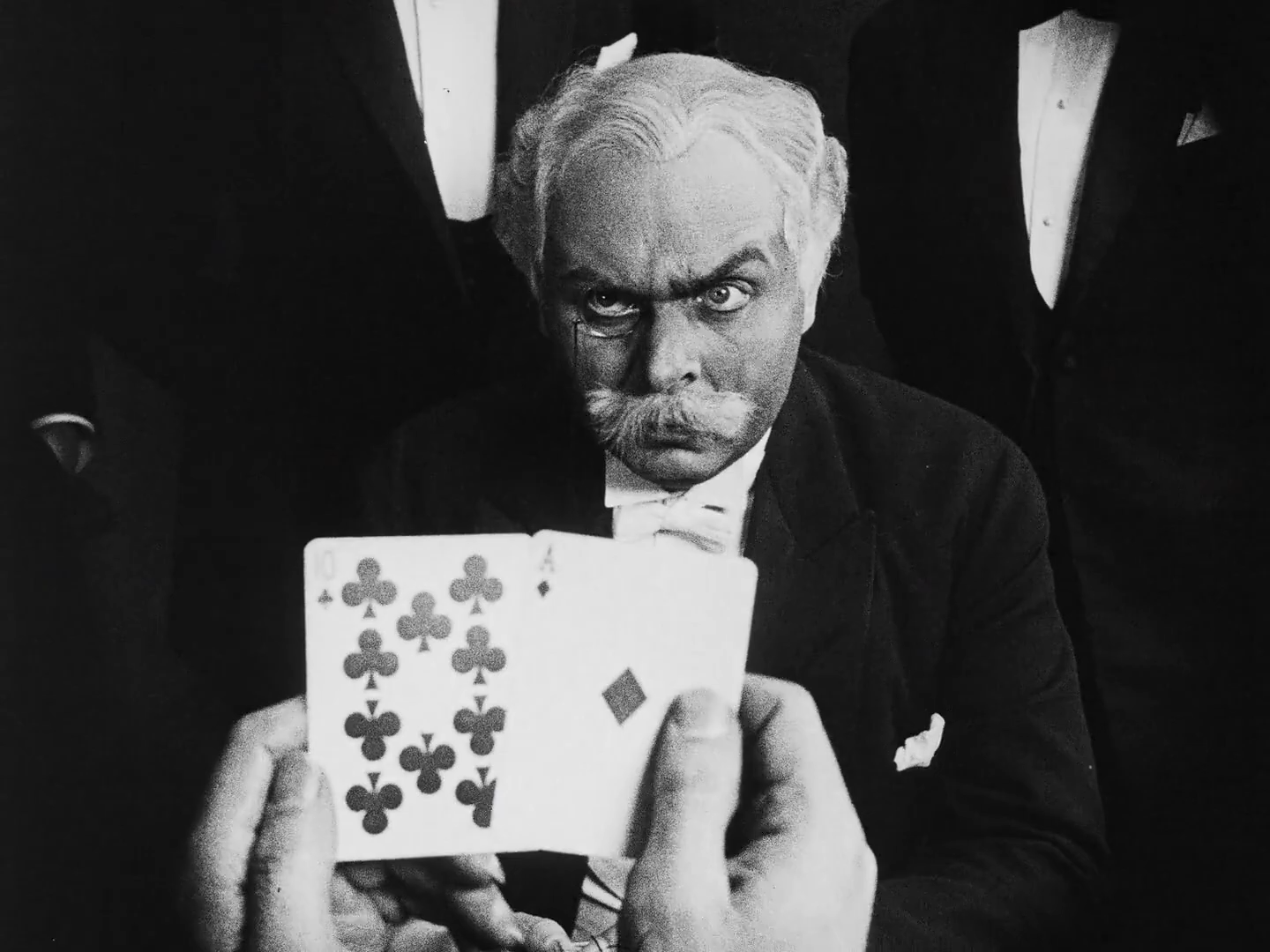
Dr. Mabuse the Gambler (1922)
Fritz Lang distils the fearful mistrust of authority in Weimar Germany down to a single criminal mastermind in Dr. Mabuse the Gambler, painting out an expressionistic world under his hypnotic control with dark, jagged strokes, and setting the proto-noir standard of elaborately plotted crime narratives.
-
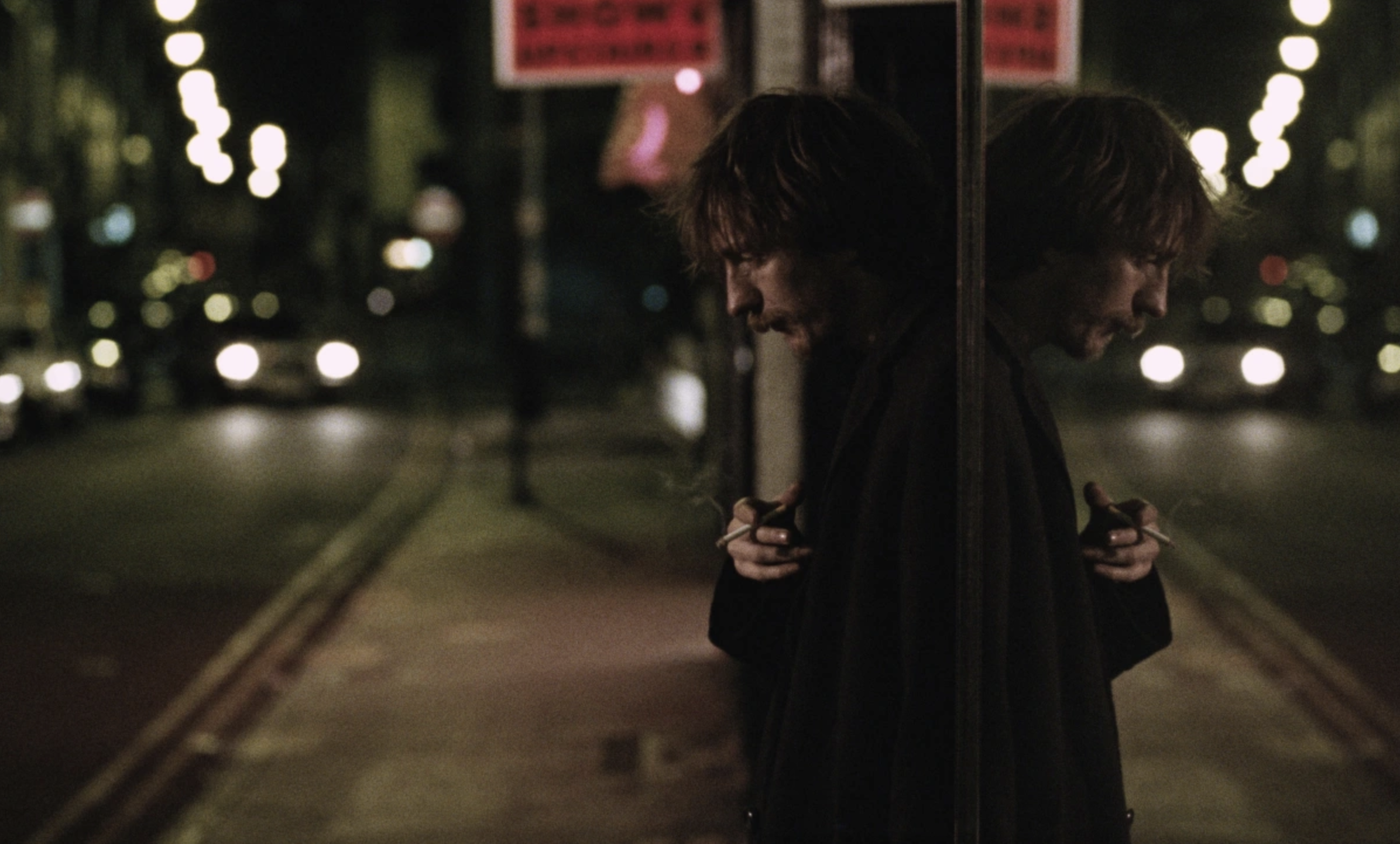
Naked (1993)
Like a man ready to tear the world down with him on his way to hell, there is no real direction to Johnny’s intellectual bullying through London’s nocturnal streets in Naked, yet around him Mike Leigh constructs a character study of such immense nihilism that even he can’t escape the miserable darkness he emits.
-
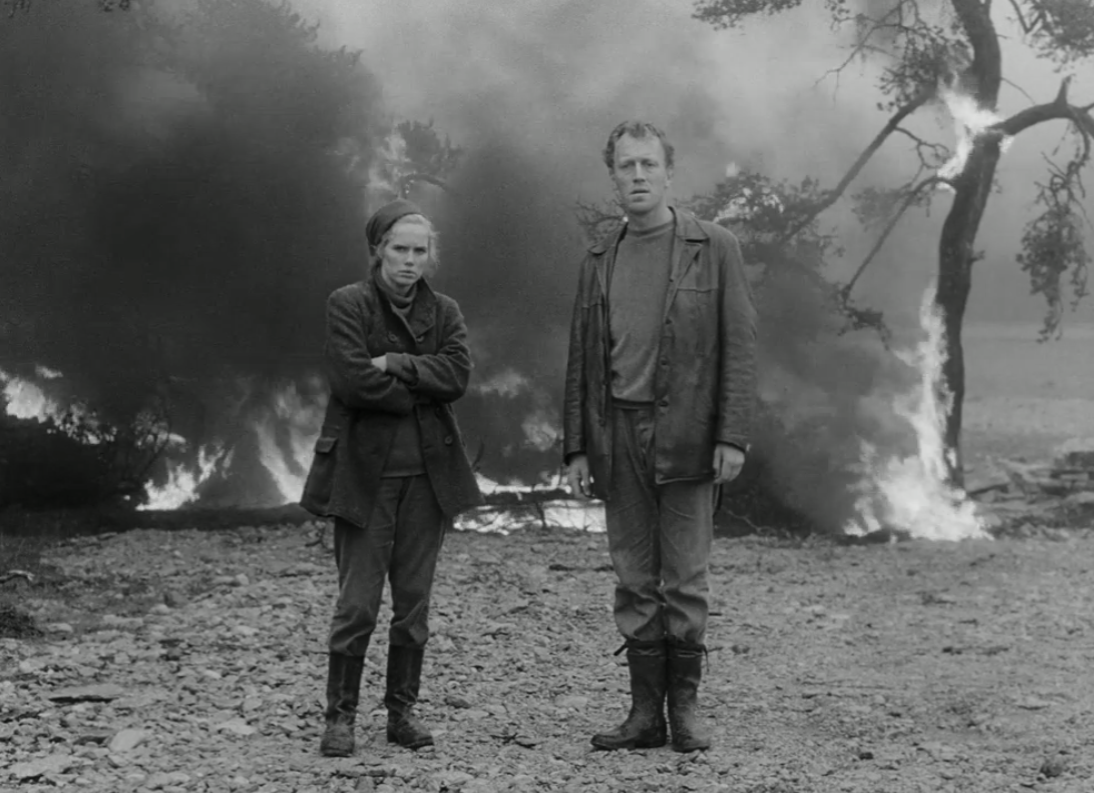
Shame (1968)
From the moment the first bombs start falling, Ingmar Bergman descends Shame into an irreversible degradation of innocence, love, and compassion, tragically twisting the souls of wartime survivors into distorted shadows of their former selves and taking this study of human violence to its logical, haunting end.

